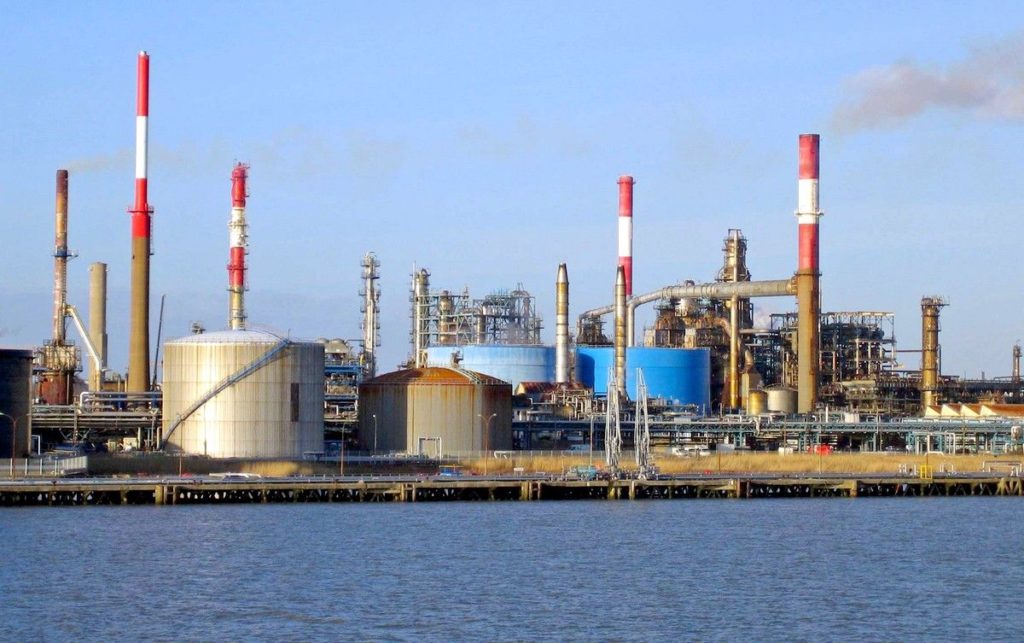Gambiaj.com – (BANJU, The Gambia) – Senegal’s highly anticipated leap into the oil era is facing unexpected challenges, with the country’s main refinery warning that crude extracted from the Sangomar field may not meet the domestic market’s needs or deliver the profits initially projected.
In February, the Société Africaine de Raffinage (SAR) made headlines when it purchased 650,000 barrels of crude from Senegal’s Sangomar field.
The move was meant to showcase the refinery’s technical capacity to process locally produced oil. But, according to SAR’s Director-General Abib Diop, the experiment has exposed a worrying mismatch between the type of crude available and the country’s energy demands.
“Each type of crude gives a certain percentage of gasoline, diesel, butane, or fuel oil. In Senegal, the market requires more diesel than gasoline or fuel oil. But Sangomar crude produces much more fuel oil, which has very low margins — sometimes even losses,” Diop explained on national television.
Fuel oil from Sangomar is primarily destined for Senelec, the national electricity company, but a 2012 decree obliges SAR to supply Senelec regardless of profitability. “I often say this is our share of sacrifice. We are bound to supply Senelec no matter the situation,” Diop lamented.
Adding to the refinery’s woes, SAR receives no preferential pricing for oil extracted on Senegalese soil. “We have no discount, no preferential price for Sangomar crude. We buy at market rates — and on top of that, the yield gives more fuel oil, where we have almost no profit. That’s where the problem lies,” Diop stressed.
The paradox, he added, is that SAR earns far better margins importing Nigerian cr ude than buying locally produced oil. “This is the reality. We gain very significant margins with Nigerian crude compared to Senegalese crude. This is a problem,” he said.
Recognizing the growing concerns, Prime Minister Ousmane Sonko has set up a commission to renegotiate contracts with international operators, including Woodside and BP, which are involved in the Sangomar project. “This is well underway; we have several options on the table,” Diop confirmed.
The revelations highlight a major early test for Senegal’s ambition to use its newfound oil resources to fuel domestic development and reduce energy costs.
For now, the country’s flagship refinery is signalling that without more favorable terms and better alignment between production and national needs, Senegalese crude may ironically be less attractive than imports.










